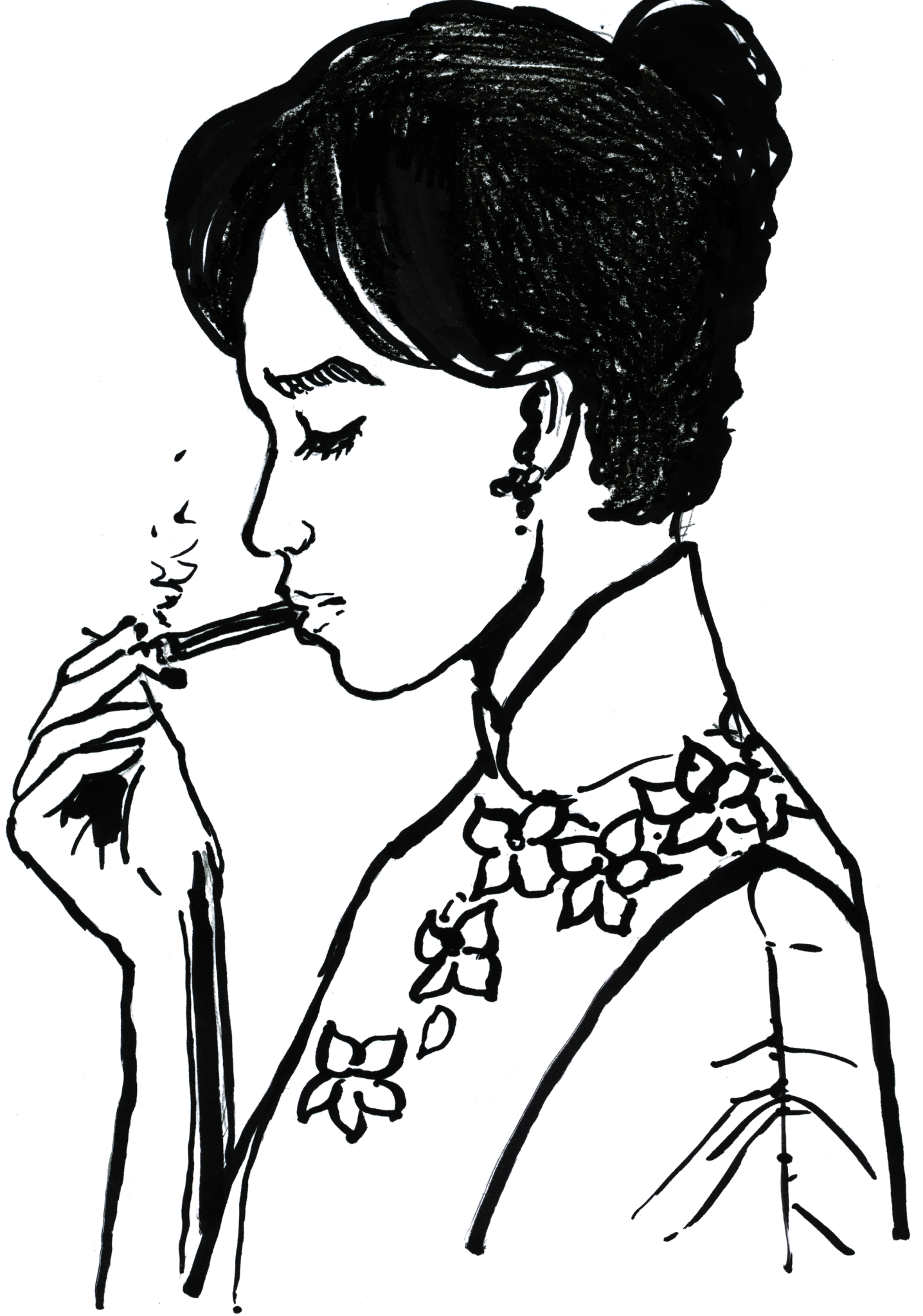
Michelle Li
“That era has passed.”
“Nothing that belonged to it exists anymore.”
As Su Li-zhen delicately makes her daily trip down the stairs to the wet market, gently dabbing her forehead with a handkerchief, Shigeru Umebayashi’s “Yumeji’s Theme” plays solemnly in the background. The busy sounds of the market are muted and the movements of the crowd slows down. Su Li-zhen walks past Chow Mo-wan — a love is lost.
The concept of time and inevitability is a prominent theme in Wong Kar Wai’s auteurist style. Often capturing a distinct separation or a missed opportunity, the tragedy of Wong’s narratives have cultivated a cinematic genre now known as the Hong Kong Second Wave.
Born in Shanghai, Wong Kar-Wai is a Hong Kong-based filmmaker. But in the wake of the Cultural Revolution, Wong relocated to British-ruled Hong Kong where he enrolled into the Hong Kong Polytechnic University in the ‘80s and went onto pursuing television and film shortly after his acceptance to the TVB television network training program.
Wong associated himself with the rebels of the Hong Kong film industry. He introduced an alternative aesthetic that often times defied the general rhetorics of classic cinema. Among his contemporaries, Wong was one of the first directors to establish a contemporary movement within the Cantonese film industry that extended beyond the confines of Wuxia films.
Creating an obfuscation of temporal spaces, using the same cuts to transition between minutes and decades, Wong’s complicates the audience’s concept of time. He shines light on the culture of patience in the Chinese way of life and presents his narrative as if one were recalling it from memory. Mimicking the sense of torment experienced over mourning a love lost, this form of fragmentation downplays the significance of each verbal and physical exchange between Wong’s characters whilst magnifying the emotional intensity between them.
As an alternative take on “Romeo and Juliet,” so to speak, Wong uses the strict cultural taboos and social stigmas present during the ‘60s to establish the boundaries of romance that his characters inevitably cross. Most prominent in his award-winning film “In The Mood For Love,” the forbidden romance that Wong captures features an inevitable love lost: Su Li-zhen, a married woman, and Chow Mo-wan, a married man, cross paths as neighbors to find out that their spouses are having an affair together. Dazed and in shock, Chow and Su pursue a relationship that treads the fine line between friendship and romance.
Making known the taboo nature of Su and Chow’s romance, Wong teases the restrained sense of desire the couple experiences. He shows Su and Chow posing as their significant others, attempting to recreate the beginnings of their fateful affair.
“This is just a rehearsal,” Chow whispers, comforting Su as she buries her head into his shoulder, crying. “I didn’t think it would hurt that much,” Su sobs.
Shy of transitions or title cards, Wong’s “In The Mood” problematizes the audience’s understanding of the pair’s relationship by cutting seamlessly between Su and Chow as themselves and them as their spouses. The deafening silence present throughout the film heightens the tantalizingly tragic nature of Su and Chow’s romance where they, acting as their respective significant others, inadvertently indulges in their personal affections for one another.
Su picks up the phone to call Chow. The camera cuts from a mirror shot of Chow to a medium close up of Su at a dutch angle. Chow picks up, only to have Su remain silent — so close, yet so far.
Never explicitly admitting their true feelings for each other, Su and Chow become star crossed lovers. The lingering emotions and curiosities about what could have been becomes an ever-present motif that haunts the film. Wong shows Su paying a visit to their old home, years after leaving the city and days after Chow has moved out. He documents Chow’s visit in the same manner, using the same framing, dialogue and beat. A parallel is drawn between the two characters, their mutual feelings for each other and their painful acceptance of reality. The audience never sees the days, months, years that went by, just as one recalling a painful memory only remembers distinct moments of pain and joy. The passage of time, demonstrated exclusively through subtle cues scattered in dialogue, understates the tragedy of the love lost and creates tension between the two characters. Wong’s juxtaposition of social prohibition and personal desire characterises time, a concept more poetic than love, as a silver lining, where, rather than being curative, is bittersweet.
“He remembers those vanished years.
As though looking through a dusty window pane,
the past is something he could see, but not touch.
And everything he sees is blurred and indistinct.”
Tiffany Ng | t.ng@yale.edu .







